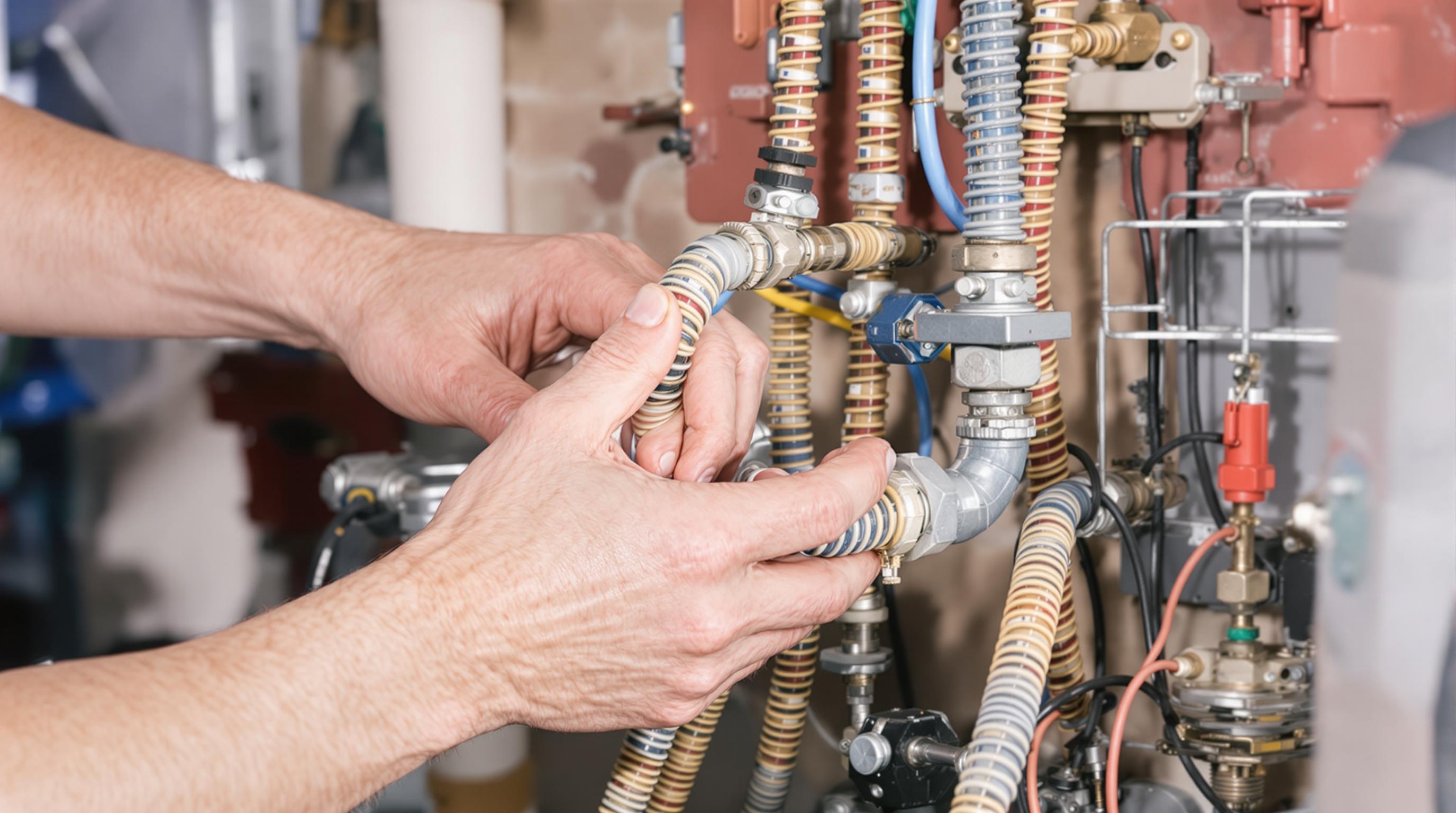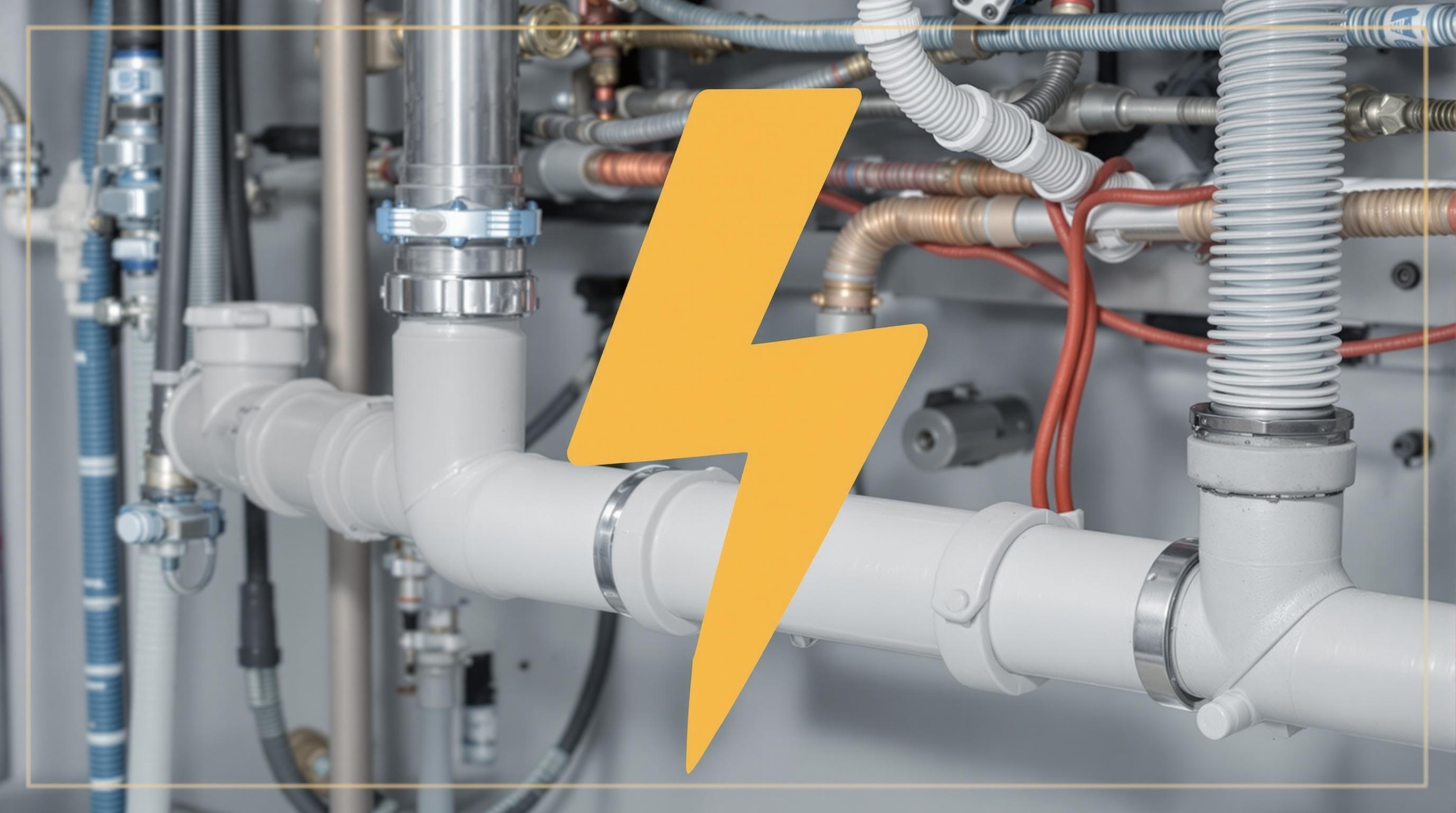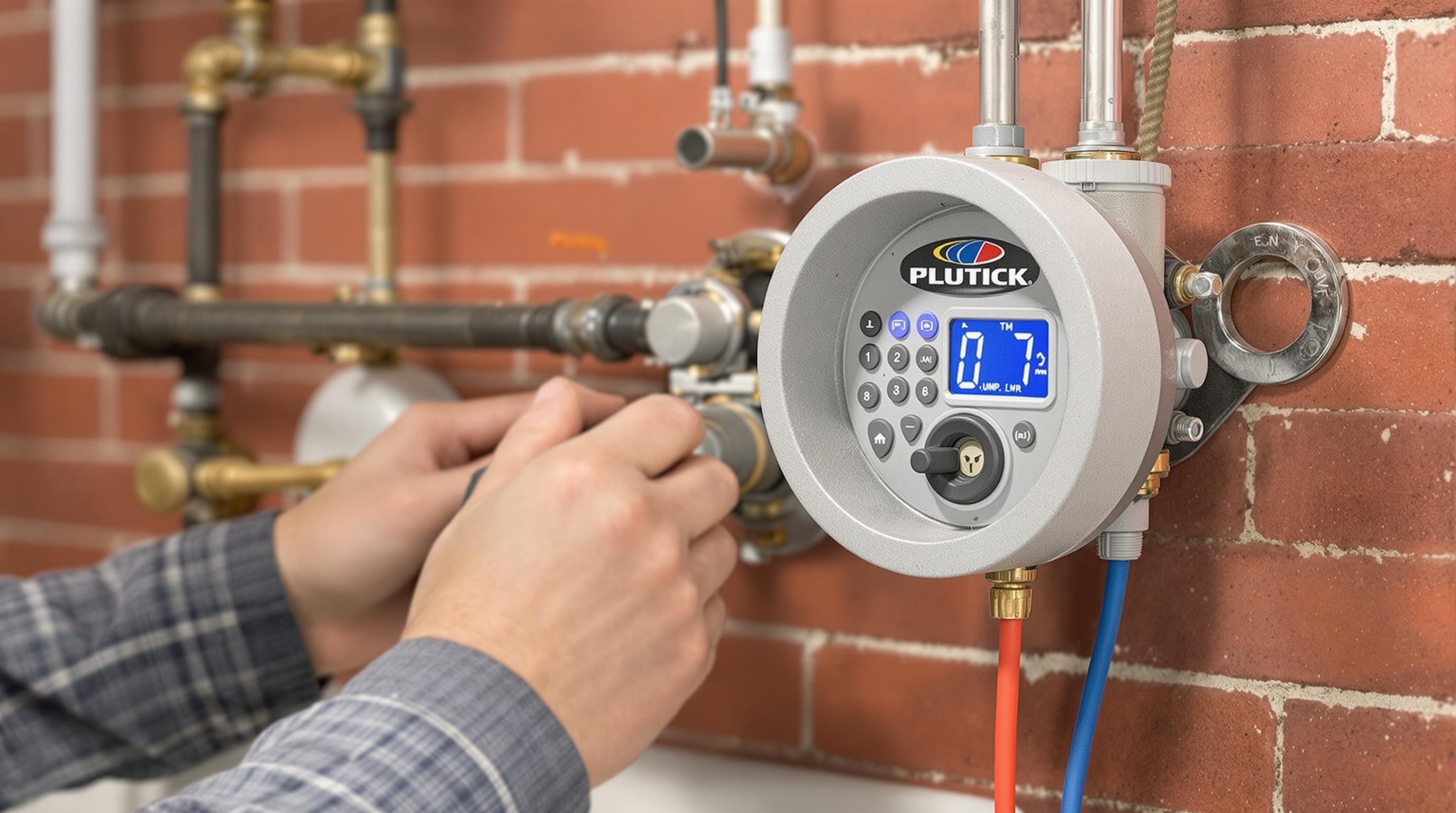Related Articles
- The Hidden Influence of Ergonomics: How Tool Design Shapes Our Physical Spaces and Daily Lives
- The Silent Influence: How Hidden Home Implements Shape Our Daily Routines and Spaces
- The Counterintuitive Role of Chaos: How Messy Tool Storage Can Lead to Unexpected Home Innovations
- Exploring the Unseen: How Audio Experiences Shape the Art of Domestic Spaces and Color Perception
- Rethinking the Mundane: How Everyday Objects are Becoming the Canvas for Modern Artistic Expression in Home Spaces
- Cultivating Chaos: The Surprising Benefits of Embracing Weeds in Your Garden Ecosystem
6 Essential Plumbing and Electrical Principles for Boosting Your Home’s Long-Term Resilience and Durability You Must Understand
6 Essential Plumbing and Electrical Principles for Boosting Your Home’s Long-Term Resilience and Durability You Must Understand
6 Essential Plumbing and Electrical Principles for Boosting Your Home’s Long-Term Resilience and Durability You Must Understand
1. Understanding Pipe Materials
Choosing the right materials for your plumbing system is crucial for durability and efficiency. Common materials include PVC, copper, and PEX, each with its distinct advantages. For instance, copper pipes are known for their longevity and resistance to corrosion, while PEX offers flexibility and resistance to freezing.
Moreover, selecting the appropriate material can impact water pressure and quality. PVC is lightweight and cost-effective, making it ideal for drain and vent lines, while copper is often preferred for supply lines. Understanding these differences ensures you make informed decisions, prolonging the lifespan of your plumbing.
According to the Environmental Protection Agency (EPA), using the right materials reduces the need for frequent repairs and replacements, ultimately saving you money in the long run. Investing in quality pipe materials is a simple yet effective way to enhance your home's resilience.
2. The Importance of Drainage Systems
Efficient drainage systems are vital to prevent water damage and maintain your home's foundation. A well-designed drainage system minimizes the risk of flooding and reduces sediment buildup, which can lead to significant structural problems. Understanding how water flows around your property can help you implement effective drainage solutions.
Consider incorporating gutters and downspouts that direct rainwater away from your home's foundation. Regular maintenance, including cleaning gutters and checking for blockages, will keep your drainage system functioning efficiently. It's a small price to pay compared to the costly repairs associated with water damage.
The National Association of Home Builders (NAHB) emphasizes that proactive drainage management can significantly enhance your home's durability. By recognizing the importance of effective drainage, you can avoid the pitfalls of water-related damage and ensure your home stands the test of time.
3. Electrical Load Management
Understanding your home's electrical load is vital to maintaining safety and efficiency. Every electrical device requires a certain amount of electricity, and overloading circuits can lead to tripped breakers or even fires. Knowing the load capacity of your circuits helps prevent these hazards.
Homeowners should familiarize themselves with the electrical systems in their homes, including the main panel, circuit breakers, and outlets. Regularly checking the condition of electrical components can prevent failures and prolong the lifespan of your electrical system.
According to the U.S. Fire Administration, electrical failures account for roughly 7% of all home fires. By practicing good electrical load management and being aware of your capacity, you can significantly enhance your home's safety and resilience.
4. Regular Maintenance of Systems
Routine maintenance is key to ensuring the long-term durability of both plumbing and electrical systems. Regular check-ups can identify potential issues before they escalate into costly repairs. For plumbing, this could mean inspecting for leaks and blockages, while electrical maintenance might focus on checking your wiring and outlets.
Establishing a maintenance schedule for vital systems in your home can save time and money in the long run. Identify recurring tasks and set reminders to ensure no crucial maintenance is overlooked. Investing a little time can yield significant benefits for your home's resilience.
As stated by the American Society of Home Inspectors (ASHI), properties that receive regular maintenance are less likely to experience severe issues. Understanding and committing to a maintenance routine can improve your home's overall durability and save you from future headaches.
5. The Role of Grounding and Bonding
Proper grounding and bonding are essential for electrical safety in homes. Grounding protects your devices from power surges, while bonding helps ensure all conductive materials are at the same electrical potential, reducing the risk of shock. Understanding these principles is crucial for maintaining a safe living environment.
Homeowners should ensure their electrical systems adhere to local codes regarding grounding methods. Regular inspections can identify grounding issues or exposed wiring that could lead to dangerous situations. Correcting these problems promptly enhances your home's overall safety and longevity.
The National Electrical Code (NEC) outlines specific grounding practices to adhere to for safety. Taking the time to understand grounding and bonding principles can significantly boost your home's resilience against electrical failures.
6. Energy Efficiency Considerations
Improving energy efficiency is not only good for the environment but also beneficial for your home’s long-term durability. Energy-efficient plumbing fixtures, such as low-flow toilets and showerheads, reduce water usage and strain on plumbing systems. Similarly, energy-efficient electrical systems reduce the load on your home's wiring.
Making smart choices with appliances and lighting fixtures can lead to significant savings on your utility bills while also prolonging the lifespan of electrical systems. LED bulbs, for instance, use less energy than traditional bulbs and last significantly longer, reducing the frequency of replacement.
The Department of Energy (DOE) advocates for energy-efficient upgrades to improve home resilience. Embracing energy efficiency not only benefits your pocket but also protects your home’s infrastructure from excessive wear and tear.




